Cotton clothes are a staple in many wardrobes, offering both comfort and versatility across different occasions. With a variety of brands available, choosing the right one can significantly enhance your dressing experience. From high-street fashion labels to sustainable clothing lines, each brand brings its unique take on the classic fabric. To help you make an informed decision, explore our curated list of the best brands for cotton clothes below.
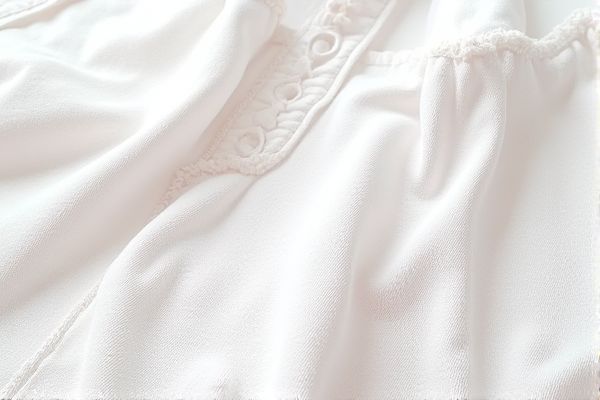
Illustration of cotton clothes
Best brands of cotton clothes in 2025
Uniqlo
Uniqlo has established itself as a leading producer of high-quality cotton clothes, known for its innovative fabric technologies such as HeatTech, AIRism, and LifeWear. The brand, a subsidiary of Fast Retailing Company Limited, operates over 2,250 stores in 25 countries and is the largest apparel chain in Asia, with over 800 stores in Japan alone. Uniqlo's global revenue has seen significant growth, reaching 2.37 trillion yen in the 2023 fiscal year, up more than 11% year-on-year. The company's commitment to not using Xinjiang cotton, despite its significant manufacturing presence in China, reflects its stance on human rights and quality control. Uniqlo's efficient supply chain and in-house product development approach enable it to respond effectively to customer needs and maintain its competitive edge. For more insights into Uniqlo's strategic approach, visit Uniqlo's Strategy Behind Global Success.
Everlane
Everlane stands out as a leader in sustainable cotton clothing, having committed to transitioning to fully organic cotton by 2023. In 2023, the brand reduced its per-product carbon impact by 24% and achieved a 38% lower absolute carbon impact. Notably, 75% of Everlane's cotton is now certified organic, recycled, or regenerative, and 96% of their materials containing polyester and nylon are made from recycled sources. The company also ensures high social compliance, with 98% of its factory partners achieving the highest ratings. Everlane's use of regenerative cotton, such as Good Earth Cotton, sequesters 248.6kg CO2e per bale, contributing to a net climate-positive outcome. For more details, see their 2023 Impact Report.
H&M
H&M is a leading producer of cotton clothes, committed to sustainability and transparency. By 2020, the company achieved its goal of sourcing all its cotton from preferred sources, including organic, in-conversion, recycled, and regenerative cotton, with 95% of its cotton coming from more sustainable sources in 2018. In 2023, around 13% of H&M's cotton was organic, and an additional 11% was obtained from recycled material. H&M works with organizations like Better Cotton, supporting 2.9 million farmers in 26 countries, and aims to use 30% recycled materials in its products by 2025. The company's sustainability initiatives also include improving soil health and biodiversity through regenerative farming practices.
Gap
Gap Inc. is a leading apparel retailer committed to sustainable cotton sourcing, aiming to use 100% sustainable cotton by 2025 across its brands, including Old Navy, Gap, and Banana Republic. By 2019, Gap had already sourced over 57% of its cotton from sustainable programs and has joined the U.S. Cotton Trust Protocol to further this goal. The company's sustainability efforts include sourcing cotton approved by the Better Cotton Initiative, organic, recycled, and verified American and Australian-grown cotton. Gap's commitment also involves reducing water use and limiting the environmental impact of cotton production. This holistic approach to sustainability includes life cycle analysis and circular design training for product teams. For more information on Gap's sustainable cotton sourcing, visit their dedicated page on sustainable practices.
Patagonia
Patagonia is a pioneering brand in the production of sustainable cotton clothing, notably switching to 100% organic cotton for its sportswear in 1996, despite the initial higher costs of up to three times more than conventional cotton. This shift led to a reduction in harmful pesticide use and environmental impact. On average, Patagonia's organic cotton garments sold for 8% more than comparable conventional cotton garments. The company also incorporates recycled cotton, with 25% of its cotton fabrics made from recycled cotton by the Fall 2024 season, reducing CO2e emissions by 82% per kilogram compared to conventional cotton. Patagonia's commitment to environmental sustainability has earned it recognition, including the UN Champions of the Earth Award. For more details, explore their recycled cotton initiatives.
J.Crew
J.Crew is a leading brand in sustainable cotton production, committed to sourcing 100% of its key fibers, including cotton, from sustainable sources by 2025. In 2023, the company achieved significant milestones, with 71% of Madewell denim and 58% of J.Crew chinos produced in Fair Trade Certified(tm) factories. J.Crew also sourced over 8.3 million kilograms of cotton through the Better Cotton Initiative's mass balance model, benefiting farmers and reducing environmental impact. The brand has partnered with regenerative agriculture programs, converting 2,800 acres of farms in India to regenerative practices and supporting U.S. farmers through the U.S. Cotton Trust Protocol(r). Additionally, J.Crew has made strides in transparency, mapping its cotton supply chain to ensure ethical sourcing.
Levi's
Levi's, a leading producer of cotton-based clothing, utilizes nearly 90% cotton in its products and has committed to sourcing 100% more sustainably grown cotton by 2025. In 2021, the company achieved a milestone where 95% of its cotton was organic, recycled, or Better Cotton, and it has joined the U.S. Cotton Trust Protocol to ensure sustainable practices. Levi's uses two pounds of cotton in every pair of pants and has managed to mitigate rising cotton costs through its pricing power and supply chain management. The brand's focus on sustainability includes reducing water use, cutting carbon emissions, and minimizing fertilizer and pesticide use. This commitment to sustainability is part of Levi's broader strategy to drive environmental stewardship and social fairness in the cotton industry. For more details on their sustainability initiatives, visit their sustainability report on sustainable fibers.
Banana Republic
Banana Republic, a brand under Gap Inc., is committed to sustainable cotton sourcing, aiming for 100% sustainable cotton by 2025, with 54% already sourced sustainably as of the latest reports. The brand uses materials like organic cotton, Tencel, and recycled fabrics, although these make up a small percentage of their overall collection. Banana Republic's parent company has set targets to increase recycled polyester to at least 45% of their polyester use by 2025. The brand also emphasizes transparency, scoring 49% on the Fashion Transparency Index, and has committed to allocating 80% of its sourcing to green-rated factories by 2025. Despite challenges, Banana Republic is making strides in sustainable fashion.
Madewell
Madewell stands out as a leader in sustainable cotton clothing production, with a commitment to environmental and social responsibility. By 2025, the brand aims to have more than 90% of its denim sourced from Fair Trade Certified factories, and as of 2022, 48% of its denim already meets this standard. Madewell has also made significant strides in regenerative agriculture, sourcing over 1 million pounds of third-party-certified regenerative cotton and distributing over $800,000 in impact incentives to farmers in 2022. The brand's partnership with the Better Cotton Initiative has led to the sourcing of 65% of its cotton from certified organic, recycled, or Better Cotton sources as of 2021. Additionally, Madewell's recycling program has diverted 529 tons of waste and insulated 1,412 homes through its Cotton's Blue Jeans Go Green™ program. For more detailed information, you can check out the Madewell Do Well Report.
L.L.Bean
L.L.Bean is renowned for its high-quality cotton clothing, with notable sales growth in key categories such as men's Heritage Soft Cotton Sweaters, which saw a 102% increase in 2023. The company also reported a significant rise in sales of women's 207 Vintage Jeans, with a 138% increase in the same year. Despite a slight dip in overall sales to $1.7 billion in 2023 from $1.8 billion in 2022, L.L.Bean's investment in omnichannel growth and product innovation has maintained its strong market presence. The brand continues to expand its retail footprint, opening four new stores in the U.S. and Canada, bringing the total to 58 stores in North America. L.L.Bean's commitment to quality and customer loyalty has been consistent, with the company investing almost $75 million in employee benefits and charitable contributions in 2023.










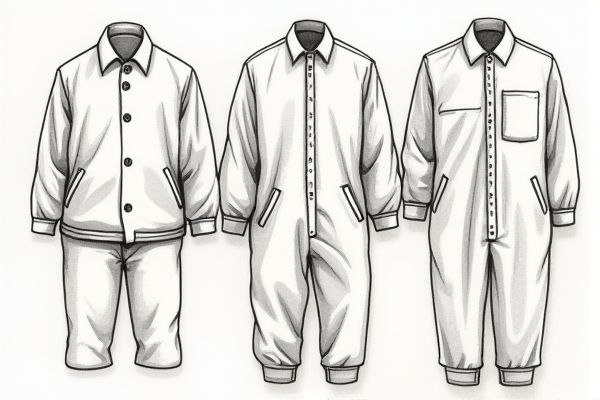
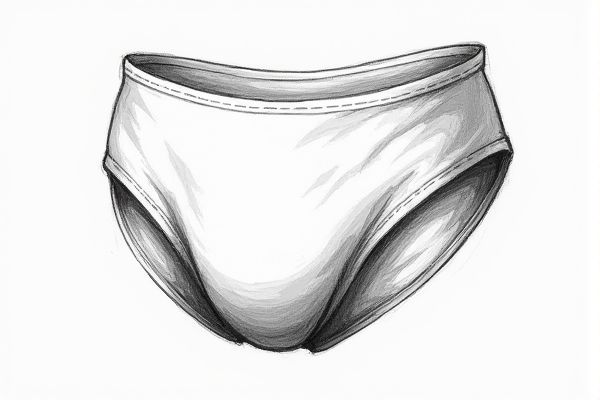
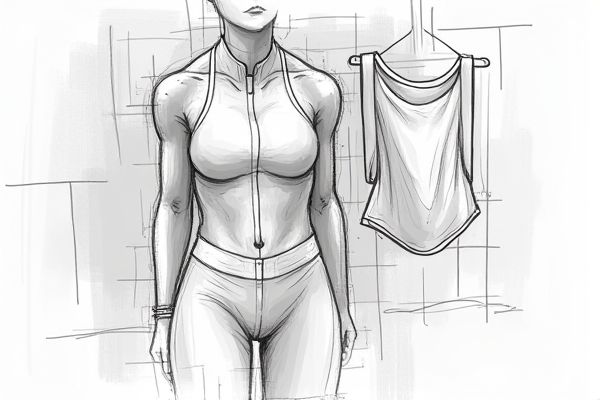

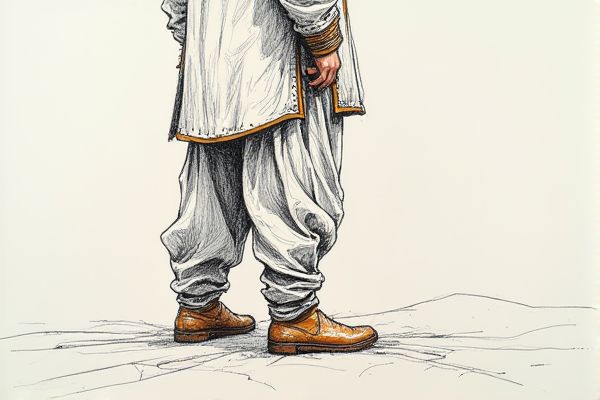
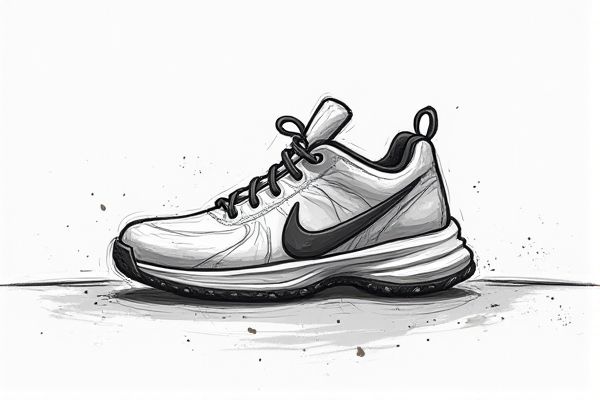
Leave a Reply
Your email address will not be published.